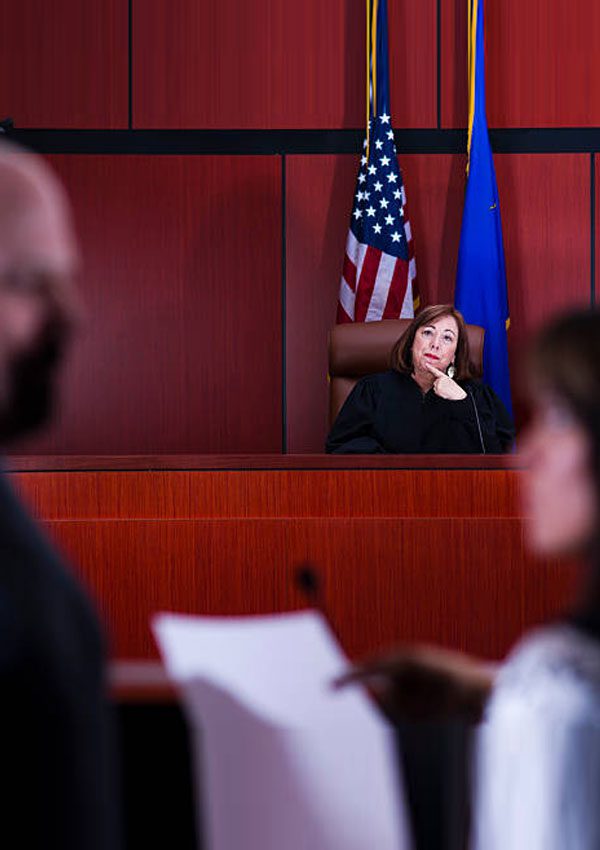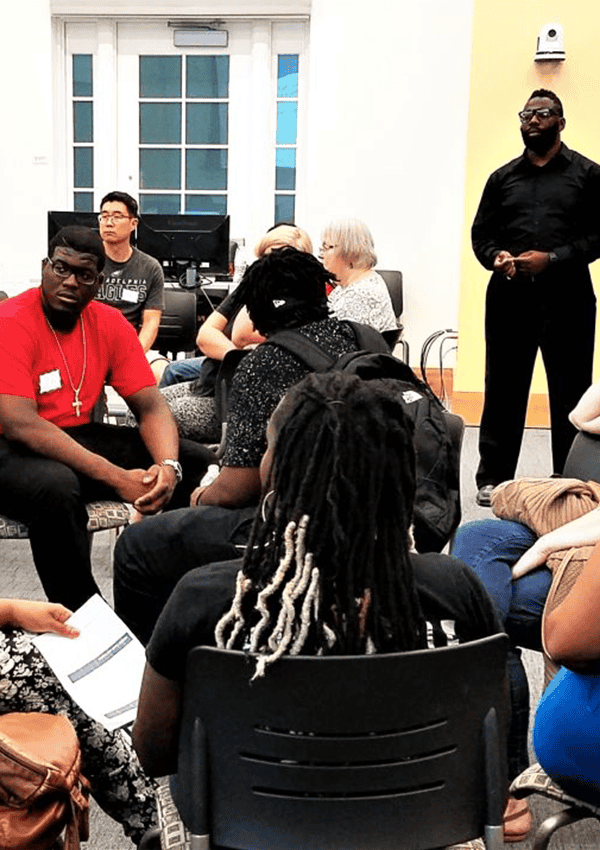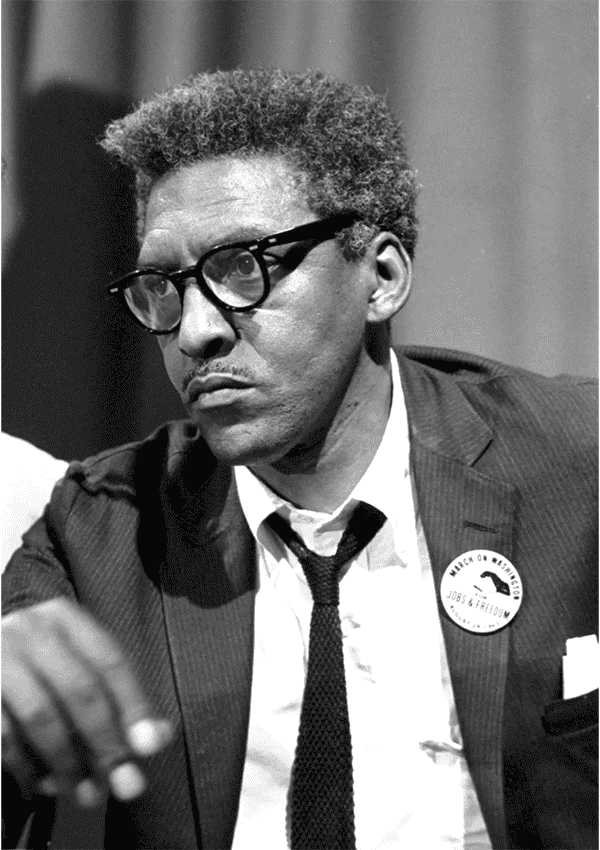HOW WE HELP
PARTNERS THAT OFFER SUPPORT AS YOU NAVIGATE THE CRIMINAL LEGAL SYSTEMEmpowering Communities, Shaping Justice
At Reuniting Family Bail Fund, we believe in the power of empathy and compassion when supporting individuals and families affected by incarceration.
Navigating the criminal legal system can be overwhelming and emotionally taxing. That is why we provide unwavering assistance. We listen attentively to the concerns and experiences of those we serve, acknowledging their pain and providing guidance and resources tailored to their needs. We are dedicated to reuniting families who have been separated by the injustice system, and we strive for a future in which this system is fair, compassionate, and restorative for all.
Bail Fund & Support
Part of the reform of the Criminal Legal System in Montgomery County is to interrupt pretrial incarceration, particularly for vulnerable populations which include; low income, people of color, immigrants, individuals suffering from homelessness, mental health crisis or substance abuse disorder.
What bail support looks like: – Maximum bail amount $5,000 at no cost to the family or individual (10% options per the discretion of RFBF) – Individual is held in Montgomery County Correctional Facility (MCCF) – No detainers (including warrants in other counties) per the discretion of RFBF.
How to access help Referral only Use the online bail request form Call 484-222-0437
Participatory Defense
The goal of participatory defense and all of its components is to hold court actors, supportive actors, and law enforcement accountable for their actions, legal interpretations, and how those interpretations disproportionately affect people of color, marginalized communities, and people suffering from a mental health crisis or substance abuse disorder. It is intended to empower people to be proactive in their cases, to refute inappropriate charges, and to tell their truth; if that truth is that they are innocent, we will support them on their journey. We help people navigate the system, encourage them to not be intimidated by its “experts,” and ensure that their voices are heard. We assist people in holding their defense attorneys accountable to their clients and services rendered, as well as understanding the process of knowing when and what motions to file on their behalf, regardless of whether the defense attorney believes it will be successful or not. People’s lives are at stake, and there are too many innocent people incarcerated, too many people serving unjust sentences, and too many victims of procedural technicalities that prohibit their innocence from being heard.
The Practice
Weekly meetings are in person at 2627 Hillcrest Ave Norristown, PA and virtual (link provided upon request) every Monday from 6-8PM (unless it’s a national holiday or there’s a weather emergency)
Post Conviction
Participatory defense has a group of directly impacted volunteers who have successfully researched, appealed, and argued their sentences to be overturned and are holding space for those who believe they have the same chance. Post-conviction work is done to support families whose loved one has been convicted and sentenced for a crime, and their sentence is harsh, unusual, excessive, and or unconstitutional, or they were wrongfully convicted, the laws change, or new evidence/witness appear. Through the review of case evidence, case law, and procedural process, post-conviction volunteers can suggest potential pathways to getting one’s case reviewed, an appeal granted, and possible freedom. We remind people that the case is not over just because their loved one has been sentenced.
Juvenile Justice
The Juvenile justice system is a tricky one. It is shrouded in secrecy and privacy aimed at protecting youth; however, youth are separated from their parents when speaking with their attorney. Youth are expected to understand and make decisions about their future without their parents’ presence, while prosecutors criminalize childhood behaviors. Participatory Defense works in the same way with juvenile cases; however, the juvenile court may limit the number of “family” members allowed in the courtroom. The RFBF is also a supporter and practitioner of restorative justice, which is particularly successful practice in deterring youth from entering the criminal legal system and allowing the community to police itself. Restorative Justice is focused on restoring relationships, understanding the trauma, and who is impacted by the offense beyond the victim. Restorative Justice also allows the accused to explain their actions, atone for them, and begin the healing process that ultimately benefits the entire community. This is where we interrupt the school-to-prison pipeline by ending the criminalization of childhood behaviors and providing chances for youth to grow without a criminal record.
Court Support
Court support is a tool for specific court cases where families have participated in weekly meetings to strategize their loved one’s case. Court support involves attendance at court hearings, motion hearings, and trials if necessary. It includes taking notes for the defense, observations of the jury, and court proceedings that the defense may have missed during their arguments and cross-examinations. Supporting the defendant throughout the court process alleviates anxiety, reduces the trauma of being alone, isolated, and shamed during court proceedings, and communicates to the court that this person is part of a family, part of a community, and is loved!
Court Watching
Court watching is a tool used to watch random cases in various courtrooms, and judges rule on miscellaneous cases. This observation provides valuable information about how a particular judge rules certain crimes, how DAs prosecute certain crimes, and how defense attorneys negotiate plea deals. As volunteers understand and learn court proceedings, it becomes obvious when a court actor is not following the guidelines, is out of order, is intimidating a defendant, whether or not the judge will allow a motion, or if the laws are not followed. Court watching is one of the most critical activities, as we can learn from and report on what we see with our own eyes and hear with our ears in real time as cases are processed and outcomes are decided. This is where criminal justice reform begins. When people exercise their right to observe court proceedings and see for themselves what court proceedings look and feel like vs. their imagination and what they see on TV.
According to the 6th Amendment of the United States Constitution which guarantees the rights of criminal defendants to a public trial without delay. Citizens should consider exercising their 6th amendment right and observe your elected judges in action, observe the District Attorney’s office’s attitudes towards defendants and how they prosecute cases, how the Public Defenders Office and private defense attorneys participate, interact and navigate the system.
Advocacy
Advocacy is all of the above activities and any activity supporting families and reforming the criminal legal system. This includes referrals to mutual aid partners, other nonprofit organizations, mental health practitioners and self care resources. Letting loved ones on the inside know that there are people who care about their well-being and are fighting for their freedom, dignity, and humanity.


























